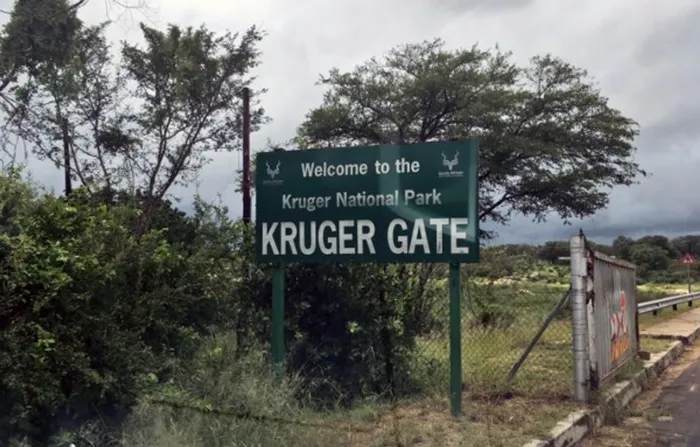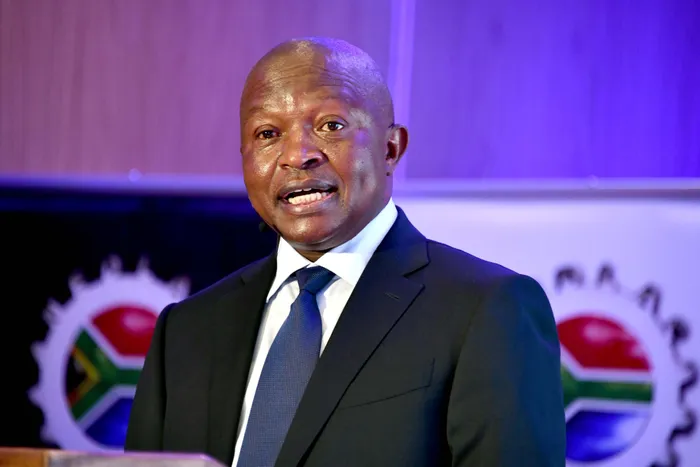
The Paul Kruger Gate, Kruger National Park
Image: File
The Economic Freedom Fighters (EFF) in the Mpumalanga Provincial Legislature has introduced a motion to rename several prominent landmarks in the province, including the internationally renowned Kruger National Park.
The motion was reportedly voted for, and adopted in the legislature, but discussions are still ongoing before the renaming can take place.
The proposal also targets the Kruger Mpumalanga International Airport and a stadium in eMalahleni.
The initiative, tabled by EFF Member of the Provincial Legislature Rhulani Qhibi during a Heritage Month session, aims to replace names associated with colonial and apartheid-era figures with those honoring individuals who played a significant role in South Africa’s liberation and post-apartheid development.
Supporters say that the move is part of a broader effort to decolonize public spaces and ensure that public landmarks reflect the values of a democratic and inclusive society.
Proposed changes include renaming the Kruger National Park to Skukuza National Park, the airport to DD Mabuza International Airport, and the Witbank Stadium to Veli Mahlangu Stadium.

The late former deputy president David Mabuza.
Image: GCIS
Figures like former deputy president David Dabede Mabuza and Veli Mahlangu are celebrated for their activism and leadership in the struggle against apartheid, and supporters argue that honoring them in this way is long overdue.
However, the proposal has sparked debate and controversy. Critics argue that such changes could have significant implications for tourism and the international recognition of these landmarks. Kruger National Park, for instance, is one of South Africa’s most visited tourist destinations, attracting millions of visitors from across the globe each year.
Experts warn that changing a name with such strong global recognition could affect marketing, bookings, and the park’s established international identity.
Concerns have also been raised about the lack of public consultation. Some observers say that renaming landmarks of such national importance should involve extensive dialogue with local communities, historians, conservationists, and tourism bodies. They argue that decisions made solely within the legislature could overlook the perspectives of those most affected by the changes.
The motion has reignited broader conversations in South Africa about how the country commemorates its history. Over the past two decades, there have been numerous debates over the renaming of streets, schools, and public buildings, as well as the removal of statues and monuments associated with colonial and apartheid figures. Proponents argue these changes are necessary to create a public landscape that is reflective of the country’s democratic values, while opponents caution against erasing historical markers that form part of the nation’s complex past.
Political analysts say that the timing of the motion, during Heritage Month, is symbolic. Heritage Month in South Africa is intended to celebrate the diverse cultural traditions and histories that make up the country, and the renaming proposal is seen by some as an effort to align public spaces more closely with contemporary notions of national identity and inclusivity.
As the proposal moves through the necessary processes, including potential public consultation and consideration by the South African Geographical Names Council, the conversation is expected to continue.
Many South Africans are now reflecting on the delicate balance between honoring the past, acknowledging historical injustices, and maintaining national symbols that resonate on a global scale.
jonisayi.maromo@iol.co.za
IOL News